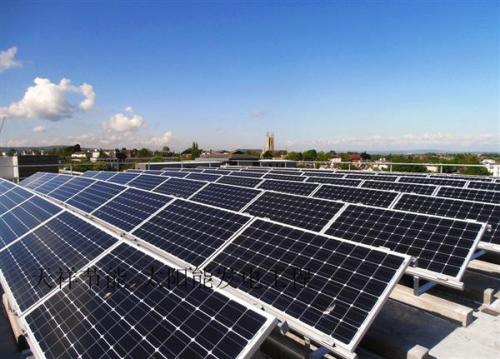How was the solar panel discovered?
It is said that solar panel that can convert sunlight into electricity have appeared as early as a hundred years ago, but the early conversion efficiency is too low, so it is basically of little use.
The story of solar panels can be traced back to the observation of the photovoltaic effect in the early 1839. The French physicist Becquerel used metal electrodes in a solution solution and found that if metals are exposed to the sun, they will generate electricity, but The reason for this phenomenon cannot be explained. Later, in 1873, British engineer Smith discovered the conductivity of selenium when testing the material of telegraph cables in water. In 1883, the American inventor Fritz made the first solar cell with selenium, but this battery The conversion efficiency of the film is less than 1%. In 1940, at the time, Bell Labs semiconductor researcher Orr studied a silicon sample and noticed that a special sample accidentally made a PN junction, which is the basic principle of solar cells. The solar cell he only makes can reach a conversion efficiency of about 1%.
The first practical silicon solar cell was developed by Bell Laboratories 13 years later. After several researches and developments, Bell Labs announced this invention on April 25, 1954, by Murray Hill in New Jersey, USA. They demonstrated a solar panel and used it to turn a small toy Ferris wheel and a radio generator that uses solar power. . The conversion efficiency of the earliest silicon solar cells into electrical energy was about 6%. Compared with the earlier period, the conversion efficiency has been significantly improved. Compared with the previous conversion efficiency of 6%, as the current technology is quite high, the conversion efficiency of some silicon solar cells can reach about 21%, and there are more and more types of solar cells. With more and more types of solar panels available.




